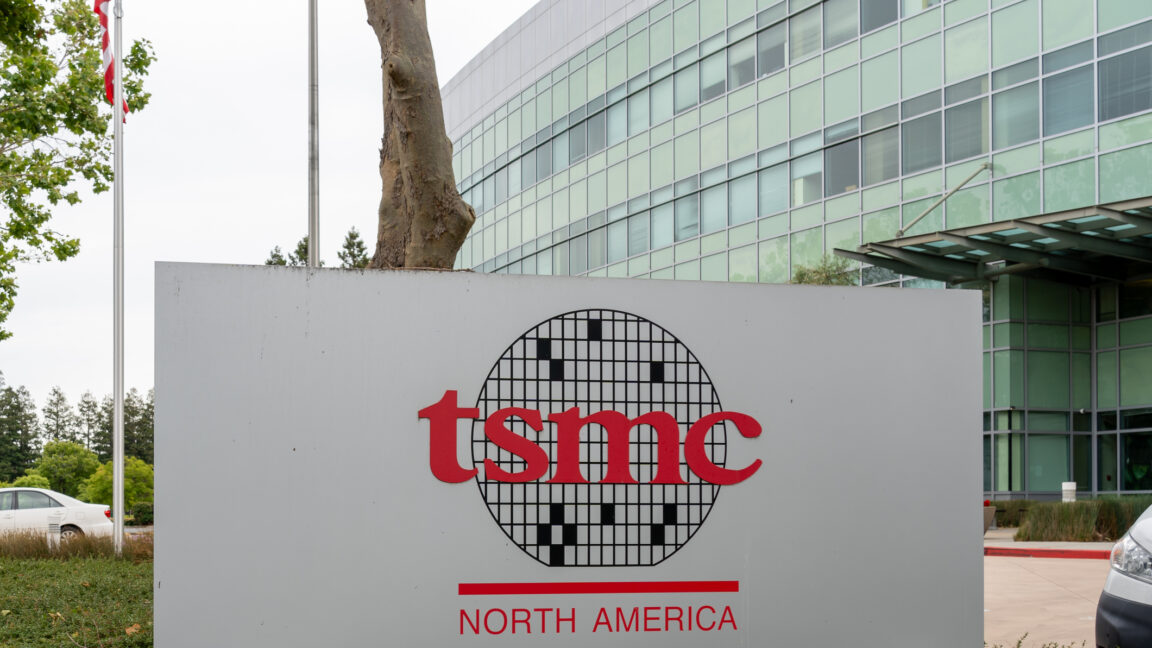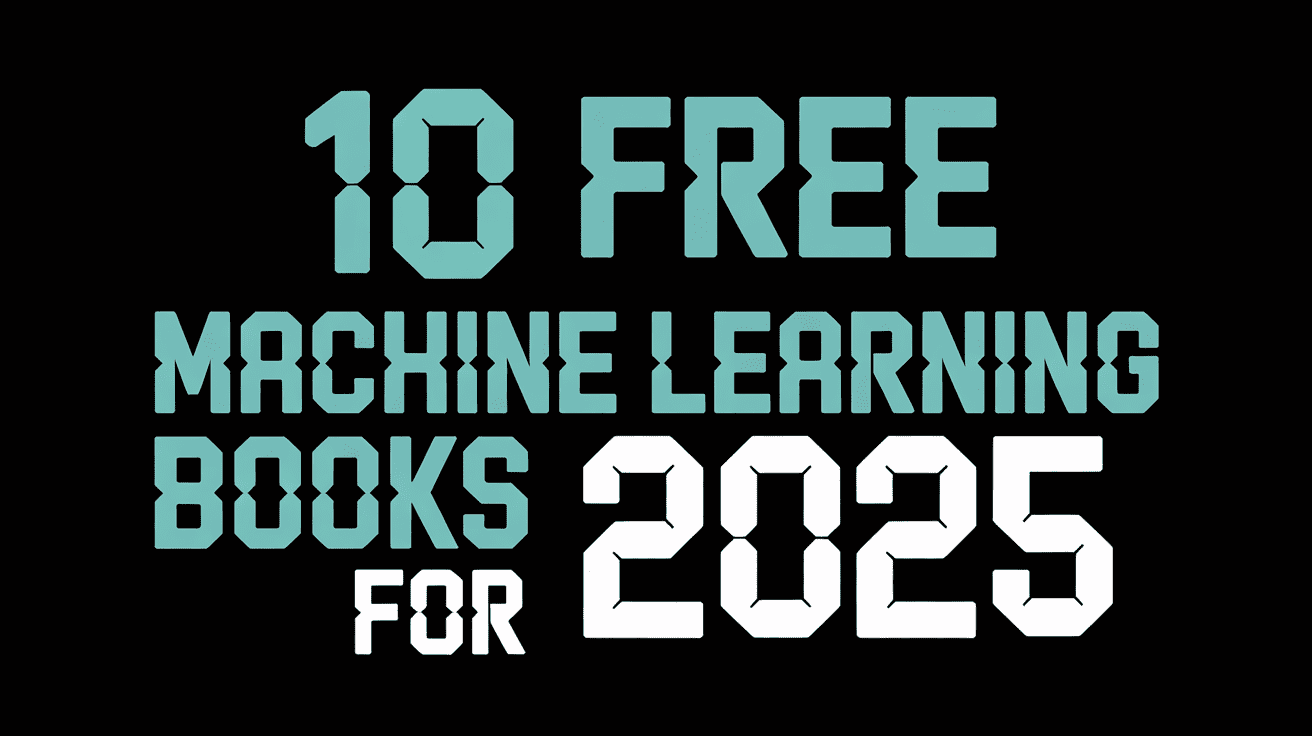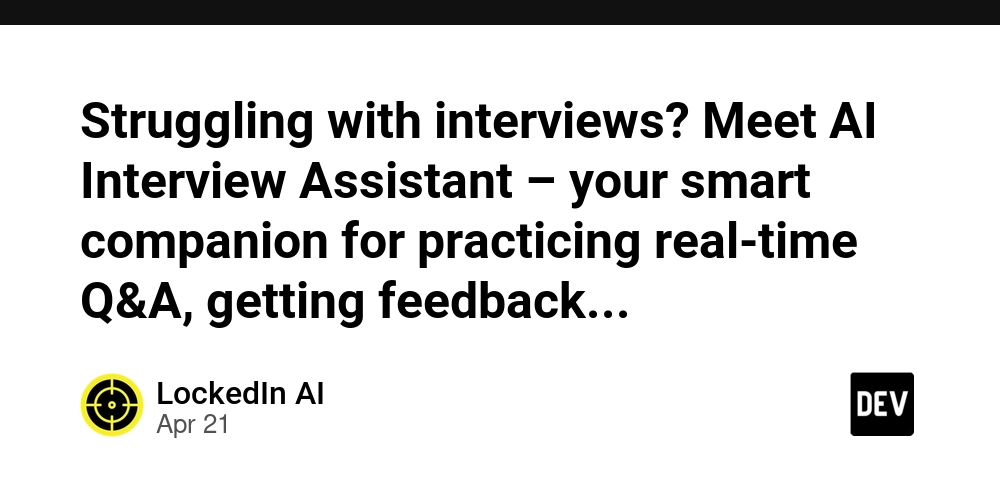How Hedge Funds Leverage AI for Competitive Advantage
How Hedge Funds Leverage AI for Competitive Advantage Introduction Hedge funds manage billions of dollars globally, and their success depends on their ability to stay ahead of market trends. As AI continues to reshape industries, hedge funds have been quick to adopt its capabilities. Whether it’s AI predicting market crashes or optimizing portfolios, the potential for AI to enhance decision-making is immense. Let’s delve into how this transformation unfolds. The Importance of Competitive Advantage in Hedge Funds To survive in volatile markets, hedge funds must consistently outperform benchmarks. This requires: Access to superior data insights. Quick adaptation to market dynamics. […]

How Hedge Funds Leverage AI for Competitive Advantage
Introduction
Hedge funds manage billions of dollars globally, and their success depends on their ability to stay ahead of market trends. As AI continues to reshape industries, hedge funds have been quick to adopt its capabilities. Whether it’s AI predicting market crashes or optimizing portfolios, the potential for AI to enhance decision-making is immense. Let’s delve into how this transformation unfolds.
Table of Contents
The Importance of Competitive Advantage in Hedge Funds
To survive in volatile markets, hedge funds must consistently outperform benchmarks. This requires:
- Access to superior data insights.
- Quick adaptation to market dynamics.
- Strategies that outpace competitors.
Traditional methods are no longer sufficient. AI, with its ability to process and interpret massive datasets, offers a crucial competitive advantage. It enables hedge funds to navigate complexities with speed and precision.
Key Applications of AI in Hedge Funds
Data Analysis and Prediction Models
AI thrives in analyzing vast datasets. Hedge funds use it to:
- Identify correlations between assets.
- Forecast market trends based on historical data.
- Develop predictive models, such as AI predicting market crashes, which help mitigate risks during economic downturns.
Algorithmic and High-Frequency Trading
AI powers algorithmic trading by:
- Analyzing real-time market data for optimal trade execution.
- Exploiting market inefficiencies within milliseconds.
High-frequency trading, fueled by AI, provides hedge funds with a decisive speed advantage.
Risk Management and Portfolio Optimization
Incorporating machine learning in portfolio management allows hedge funds to:
- Adjust portfolios dynamically based on risk factors.
- Predict and mitigate potential losses using stress tests.
- Achieve better diversification by identifying uncorrelated assets.
Sentiment Analysis and Alternative Data Sources
AI tools scrape alternative data sources like social media and news outlets to gauge market sentiment. This is especially useful for understanding:
- Public opinion on trending assets.
- Political and economic events affecting the market.
For example, if sentiment around renewable energy investments is positive, AI can suggest adjustments in portfolios focusing on AI in ESG investing.
Benefits of AI in Hedge Funds
Enhanced Decision-Making
AI equips hedge funds with actionable insights by identifying patterns and trends humans may overlook. This results in:
- More accurate predictions.
- Better timing of trades.
- Informed long-term strategies.
Efficiency and Cost Savings
Automating tasks such as data processing and trade execution reduces operational costs. AI also streamlines compliance monitoring and reporting.
Improved Risk Management
AI’s predictive capabilities help hedge funds foresee risks and take preemptive action. This includes detecting market anomalies and mitigating their impact before they escalate.
Enhanced ESG Investing
AI enables hedge funds to align with Environmental, Social, and Governance (ESG) principles. By analyzing ESG metrics, funds can:
- Identify sustainable investment opportunities.
- Avoid companies with poor ESG scores.
- Strengthen their reputation among socially conscious investors.
Challenges and Limitations
High Costs of Implementation
AI adoption requires significant investment in technology and talent. Building and maintaining AI systems can be a financial strain, especially for smaller funds.
Data Quality Issues
AI relies on accurate and comprehensive data. Incomplete or biased datasets can lead to flawed predictions, negatively impacting fund performance.
Ethical Concerns and Regulatory Risks
AI models operate as black boxes, making it difficult to explain decision-making processes. This lack of transparency raises ethical questions and regulatory scrutiny.
Dependence on AI
Over-reliance on AI poses risks. Algorithms can fail to adapt to unforeseen events, such as geopolitical crises or sudden regulatory changes, necessitating human oversight.
Real-World Examples of Hedge Funds Using AI
Success Stories
- Renaissance Technologies: Known for its Medallion Fund, this hedge fund uses AI and quantitative models to achieve extraordinary returns.
- Two Sigma: A leader in leveraging machine learning to manage investments, focusing on patterns that drive market dynamics.
- Citadel: Combines AI with human expertise for high-frequency trading and risk management.
Lessons from Failures
- Poorly implemented AI strategies can amplify risks. For instance, funds that relied solely on algorithms during unexpected market events suffered losses, highlighting the importance of hybrid approaches.
The Future of AI in Hedge Funds
Emerging Trends
- Quantum Computing: Expected to revolutionize AI capabilities by solving complex problems faster than ever.
- Deep Reinforcement Learning: Enhancing AI’s ability to make decisions in uncertain environments.
- AI in ESG Investing: Growing demand for sustainable investments will push funds to use AI for identifying ethical opportunities.
The Hybrid Model
The future lies in combining AI’s computational power with human intuition. While AI handles repetitive tasks and data analysis, human managers focus on strategy and ethical considerations.
Conclusion
AI has transformed hedge fund operations by enhancing efficiency, decision-making, and risk management. Whether it’s AI predicting market crashes or optimizing portfolios through machine learning in portfolio management, the benefits are undeniable. However, challenges such as high costs and ethical concerns must be addressed.
As the synergy between AI and human expertise evolves, hedge funds will continue to push the boundaries of innovation, leveraging tools like AI in ESG investing to stay competitive. The key to success lies in striking the right balance between technology and human judgment.










































![Mobile Legends: Bang Bang [MLBB] Free Redeem Codes April 2025](https://www.talkandroid.com/wp-content/uploads/2024/07/Screenshot_20240704-093036_Mobile-Legends-Bang-Bang.jpg)
























![Apple Releases iOS 18.5 Beta 3 and iPadOS 18.5 Beta 3 [Download]](https://www.iclarified.com/images/news/97076/97076/97076-640.jpg)
![Apple Seeds visionOS 2.5 Beta 3 to Developers [Download]](https://www.iclarified.com/images/news/97077/97077/97077-640.jpg)
![Apple Seeds tvOS 18.5 Beta 3 to Developers [Download]](https://www.iclarified.com/images/news/97078/97078/97078-640.jpg)
![Apple Seeds watchOS 11.5 Beta 3 to Developers [Download]](https://www.iclarified.com/images/news/97079/97079/97079-640.jpg)













![Lenovo shows off its next 8.8-inch Legion Tab with vague AI promises [Gallery]](https://i0.wp.com/9to5google.com/wp-content/uploads/sites/4/2025/04/lenovo-legion-tab-y700-2025-1.jpg?resize=1200%2C628&quality=82&strip=all&ssl=1)































































































_Tanapong_Sungkaew_via_Alamy.jpg?width=1280&auto=webp&quality=80&disable=upscale#)




















































































![[The AI Show Episode 144]: ChatGPT’s New Memory, Shopify CEO’s Leaked “AI First” Memo, Google Cloud Next Releases, o3 and o4-mini Coming Soon & Llama 4’s Rocky Launch](https://www.marketingaiinstitute.com/hubfs/ep%20144%20cover.png)






















































































































![BPMN-procesmodellering [closed]](https://i.sstatic.net/l7l8q49F.png)
















![From fast food worker to cybersecurity engineer with Tae'lur Alexis [Podcast #169]](https://cdn.hashnode.com/res/hashnode/image/upload/v1745242807605/8a6cf71c-144f-4c91-9532-62d7c92c0f65.png?#)




































































































